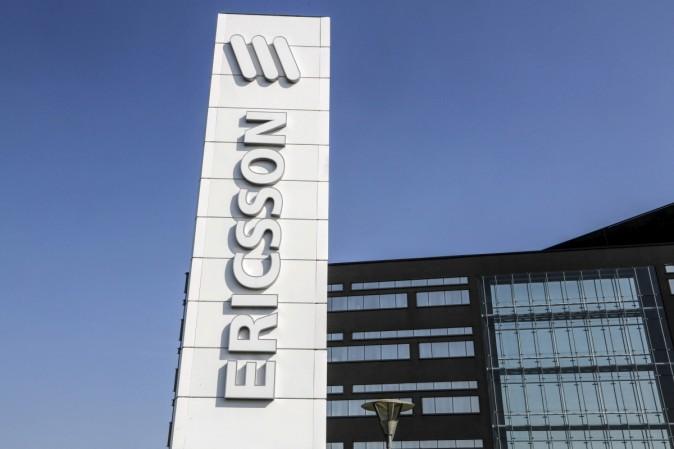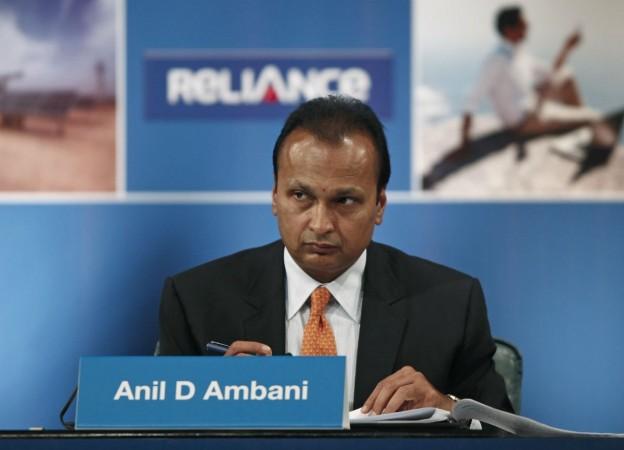
The Swedish telecom equipment manufacturer, Ericsson, may have to return the Rs 580 crore that it received from Anil Ambani-owned Reliance Communications (RCom) as the lenders to defaulted Indian telco has now decided to send demand notice. Financial daily, the Economic Times reported the lenders have argued that as per the Insolvency and Bankruptcy Code (IBC) payments made to Ericsson qualified as a 'preferential transaction'.
The consortium of lenders took a decision to send a formal word to Ericsson in a recent meeting of RCom's committee of creditors and consortium of lenders led by the State Bank of India (SBI). Ericsson had filed the case against Anil Ambani in 2018 for not clearing its dues of Rs 550 crore. Earlier in February, Anil Ambani-led RCom was submitted to insolvency proceedings in the National Company Law Tribunal. Sources have confirmed that the SBI led consortium of lenders will move to court if Ericsson refuses to refund the money.

Notably, a 'preferential transaction' includes a payment to a single creditor or set of creditors ahead of others who also have investments in the company admitted to insolvency. These lenders are given priority of repayment over others waiting in the line. The sources claimed that in RCom's case, Ericsson would qualify as an operational creditor since it provided services to RCom. Hence, the payment received by Swedish telecom equipment manufacturer ahead of other secured financial creditors including banks was in contravention to the insolvency law. However, Ericsson has said that the company is yet to receive a formal request from RCom's lenders.
The development could again push Ericsson into legal tussle as the company has been battling RCom in court for over 18 months now before eventually getting a favourable ruling and received its dues. Last year, the company dragged RCom to NCLT over the non-payments of its dues but halted the legal action after a personal assurance guarantee from Anil Ambani. But, when the promise was not rendered by Junior Ambani, RCom was taken to the Supreme Court.

















